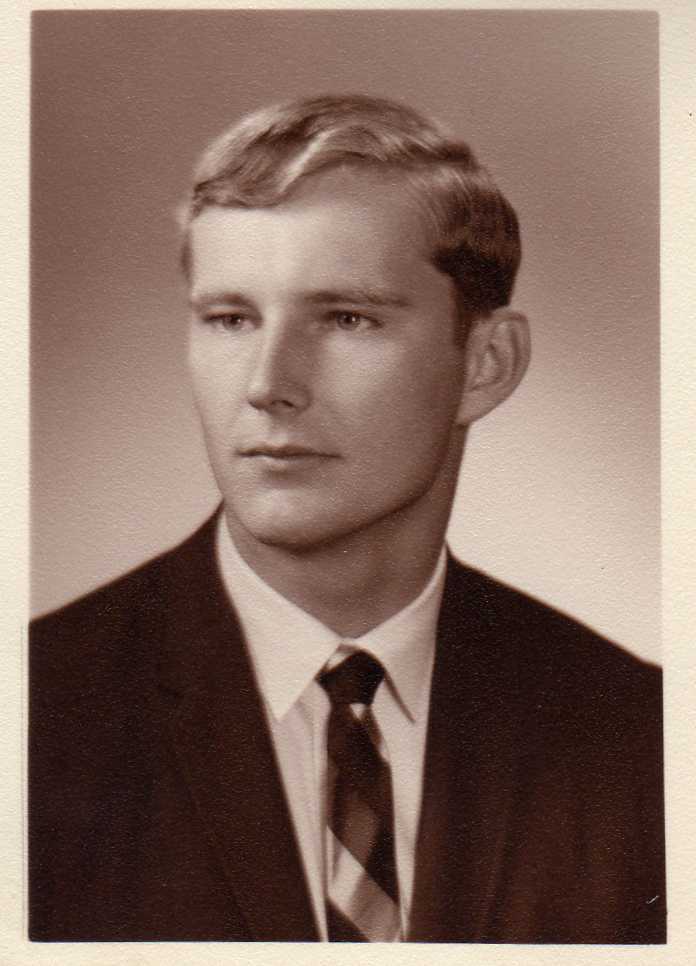My late father, John T. Duax, would have turned 78 today. He died from a quick battle with lung cancer at the age of 61. I was 28 years old and in my 3rd year of graduate school at Case Western Reserve University. I will forever remember how my graduate school peers, advisors, and teachers wrapped their collective arms around me and showed up in many small and big ways.
Grief and loss are aspects of the human experience that impact us all in some way and at some point. The pure emotion of grief/loss has innate intelligence and inherent healing properties. Our societal discomfort with death and dying has resulted in a collective avoidance (CBT term) / denial (psychodynamic term) of the impermanence of our physical bodies here on this earth. The use of these behaviors/defenses can be functional on a daily basis. We need to get the kids off to school, go to our jobs, enjoy the simple pleasures of life, etc. Existential anxiety needs to stay in the recesses of our subconscious to function in daily life.
However, suppose we as a society were more open with “making contact with” (ACT term) the emotion of grief/loss when it shows up (in all its unpredictability and untimeliness). If we were more courageous in noticing and making contact with uncomfortable emotional states like grief, loss, fear & sadness, I believe everyone would be a little more psychologically healthy.
In my professional circles and with clients, I use self-disclosure with intentionality and purpose. I am choosing to disclose the loss of my father in the hopes my example will encourage readers to “make contact” with the emotion of grief/loss whenever/wherever it shows up. Allow it. Hold space for it. Honor it. You will benefit in the long run if you step into the discomfort and observe the emotion moving through you without attempting to disconnect, distract, or dissociate from it. Making contact with uncomfortable emotions gets easier with practice and repetition (the readers who align with behaviorism and exposure therapy can cite the research to back this statement).
In the 17 years since my father passed, the emotion of grief/loss is still working through my system in some beautiful ways. I’ll share some of those ways with you:
*My father ultimately died from nicotine addiction. But he was so much more than the way he died or his addiction. Knowing my father’s heart and soul, I have gained the capacity to see my clients, friends, colleagues, and family members through a contextualized lens. That lens does not excuse or condone self or other destructive behaviors. It simply softens any judgmental thoughts or personalization I might experience across from others’ hurtful/harmful behaviors. Behind all addictions, personality disorders, mental health issues, and hurtful behaviors, there is a person, a vulnerable soul, a fellow human just doing the best they can where they are at and with the skills/knowledge that they have (DBT).
*My father lives on in me and my legacy every day. He was a brilliant, talented attorney who loved photography and his family deeply. He taught me a love of reading and music and was very supportive of all of my academic endeavors. He modeled being a loving and devoted husband to my mother. He is with me every day, in many moments, and although I miss having his physical presence, my relationship with him continues and evolves. He is still with me.
*The power of belief in a higher power. Despite being born, raised, and trained in the Midwest, my current life is based in Silicon Valley. Ironically, I landed near Stanford Law School where my father was accepted but chose to go to University of Chicago Law School to stay near his family and friends. This coincidental personal outcome is only one of many serendipitous and ironic connections that I’ve observed since his passing. Even if there is no other realm, afterlife, etc., how my life has unfolded BECAUSE I have faith in a higher power, has convinced me of the functionality/utility of believing in the unknowable. Pascal’s wager says more about this.
Dear reader – you might be thinking to yourself – “But it is so painful! The physical pain, the exhaustion, the discomfort of sitting with and allowing myself to feel my feelings of grief/loss/yearning for the deceased is too painful! Can’t I just move on?”
I agree with you, the pain that coincides with the loss of a loved one is real, raw and messy. But trust me, if you are REALLY making contact with the PURE emotion of grief it will be bittersweet. It will be without words, without images, without interpretation. It will be felt in the body. In a flash, the tears will shift into laughter or softness or joy. For to deeply experience grief over the loss of someone, means that you have made contact with love. Love. love. love. love. And isn’t that the most welcomed emotion of all?
Native American Prayer
By Robin Drummond
I give you this one thought to keep –
I am with you still – I do not sleep.
I am a thousand winds that blow,
I am the diamond glints on snow,
I am the sunlight on ripened grain,
I am the gentle autumn rain.
When you awaken in the morning’s hush,
I am the swift, uplifting rush
of quiet birds in circled flight.
I am the soft stars that shine at night.
Do not think of me as gone –
I am with you still – in each new dawn.
Share This Story, Choose Your Platform!
Subscribe to my Substack
Want more of Jeanne’s writing? Subscribe to Inside Out Psychology’s Substack!





